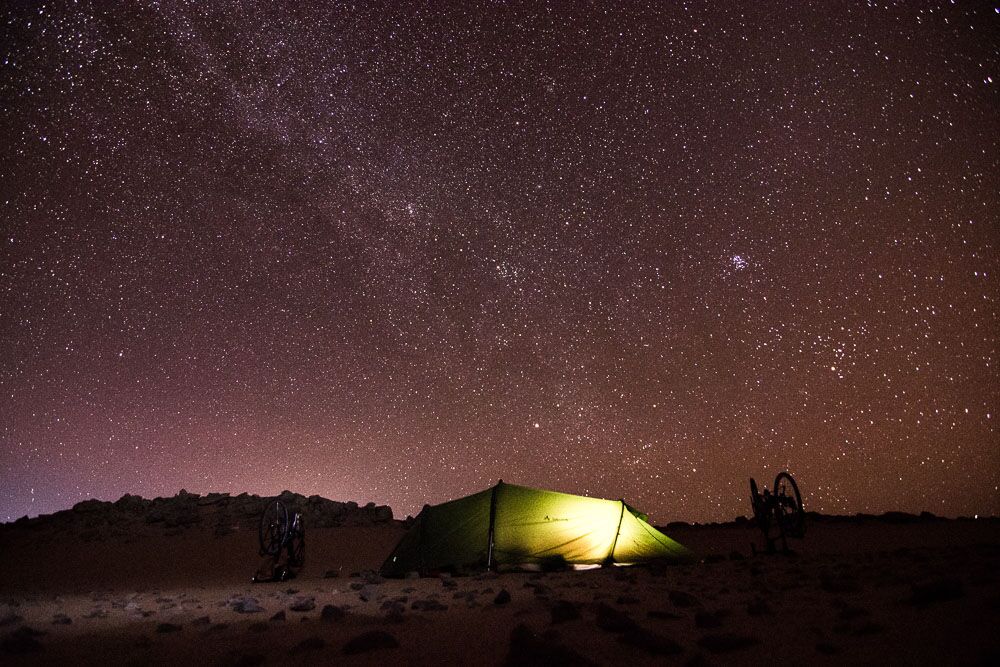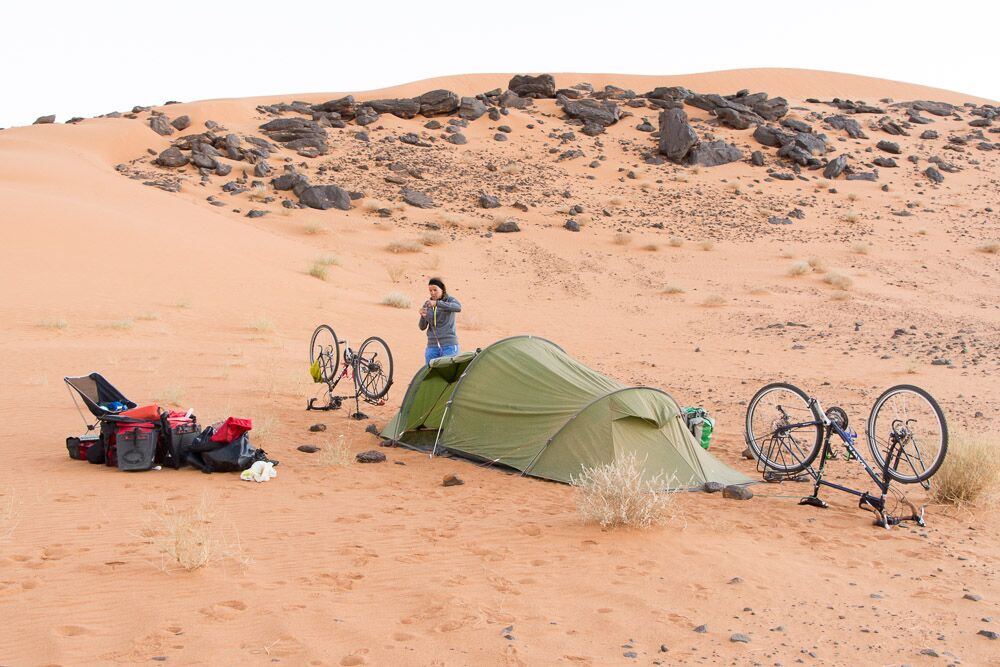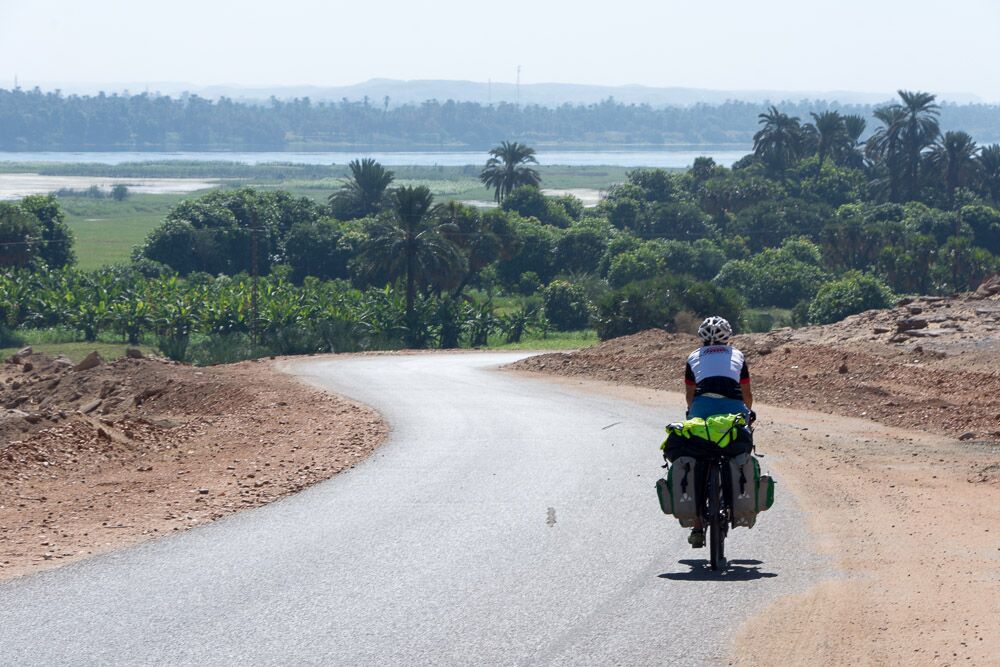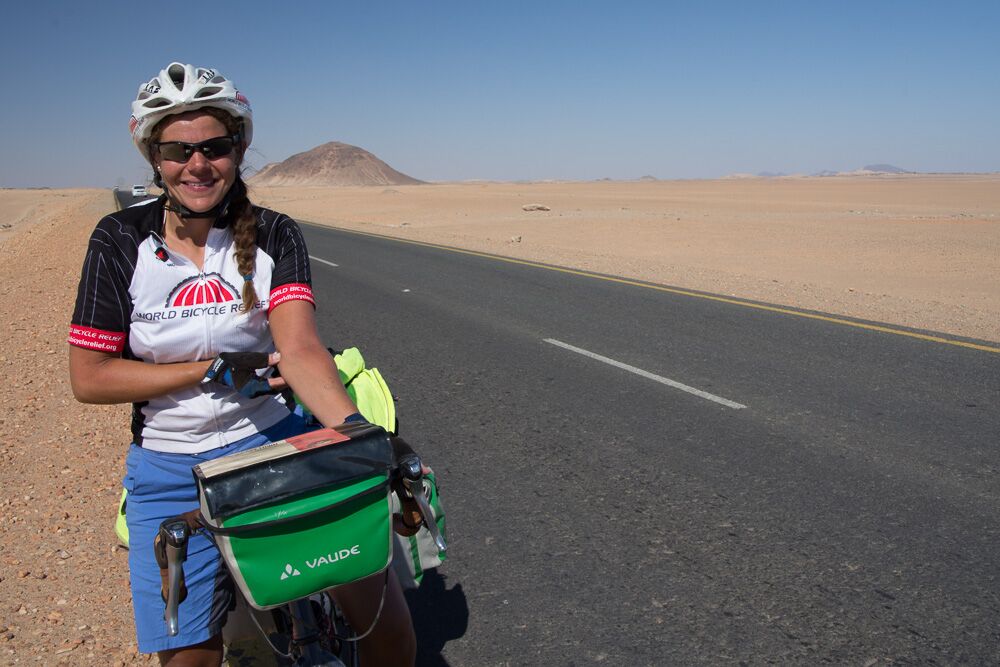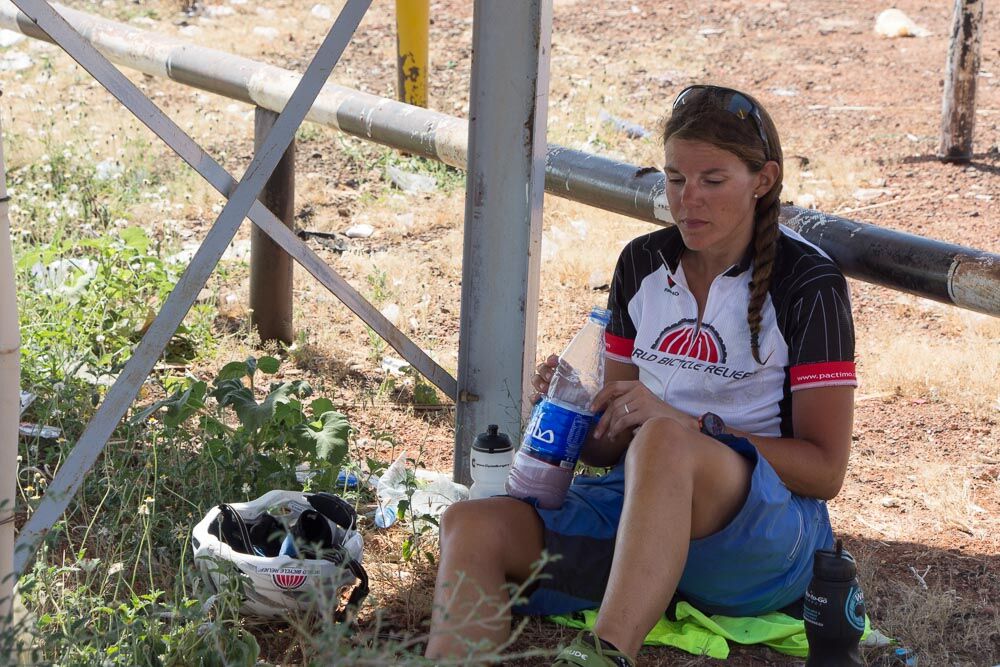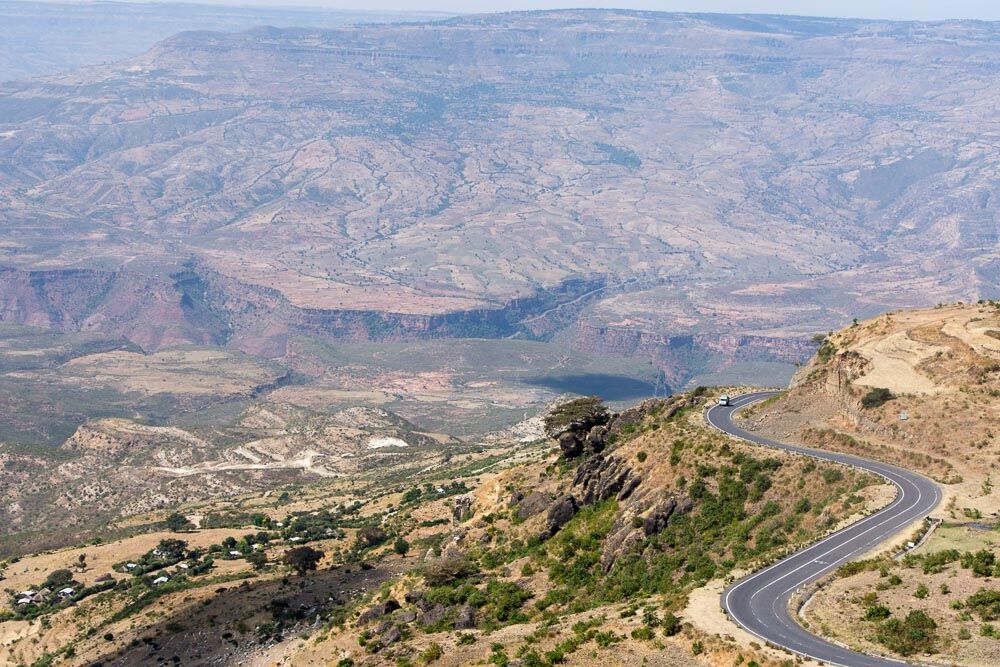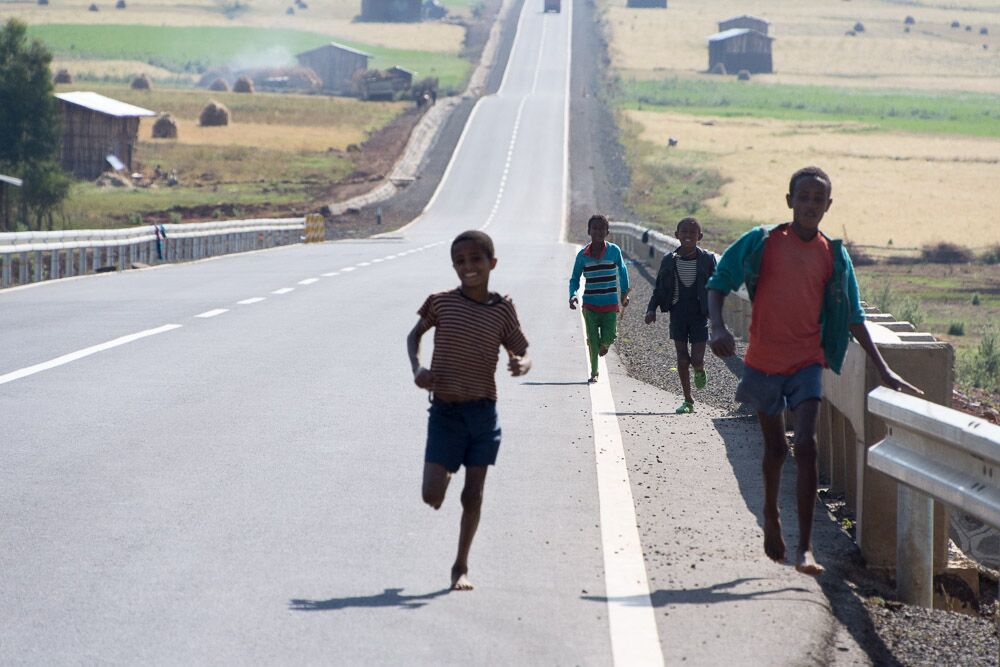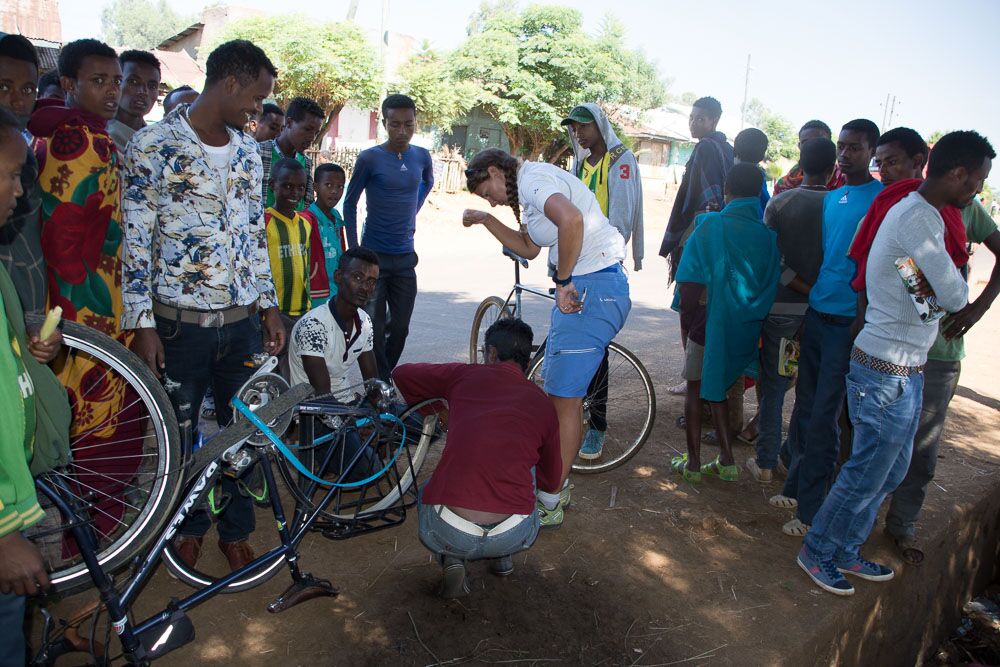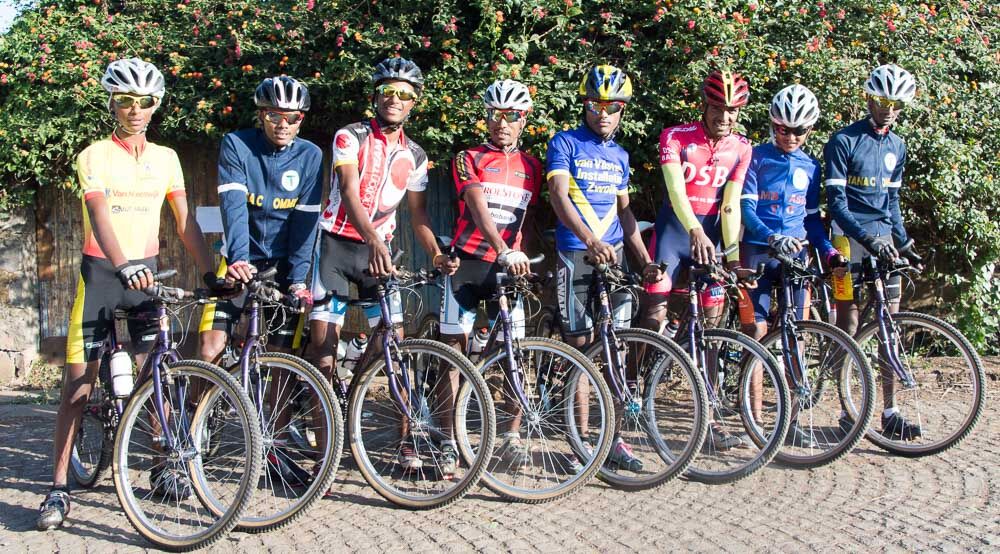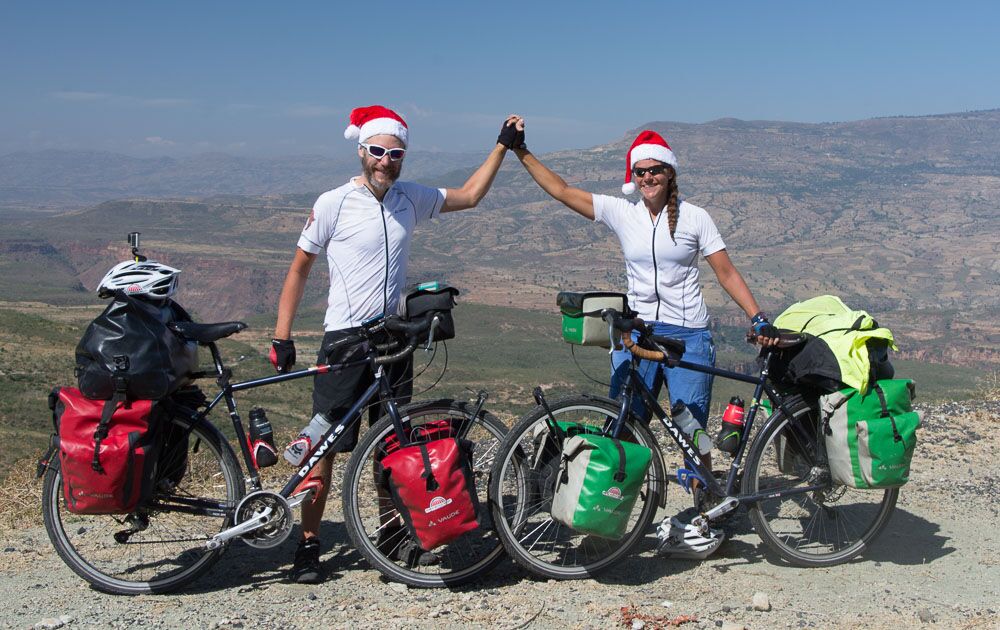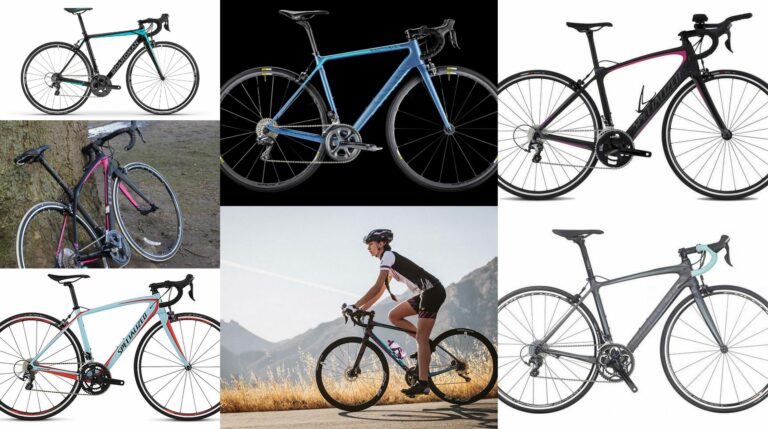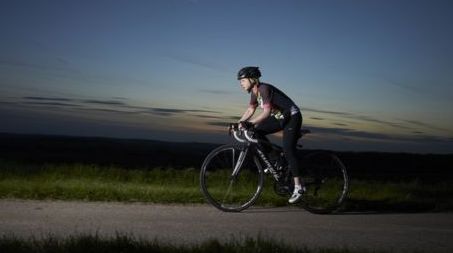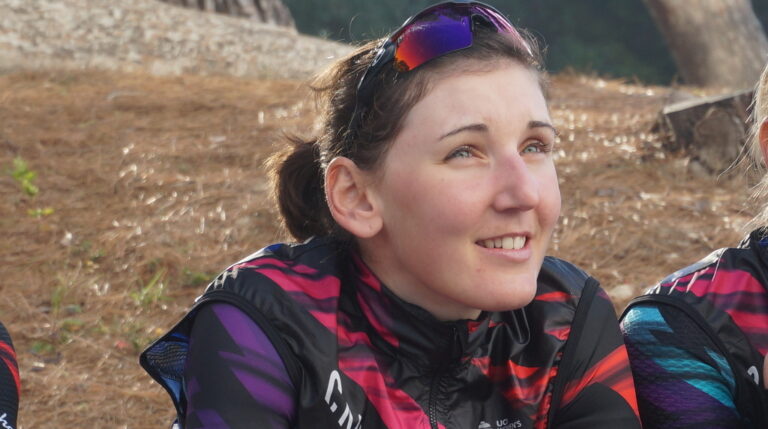TWC contributor Emily Conrad-Pickles is riding from London to Cape Town. She’s already outlined the start of the journey and told us about the ride through Jordan here.
The past two months has brought with it highs and lows in terms of health, mood and terrain for Emily and her partner James Davis as they continue their quest to cycle from London to Cape Town. Here’s the latest update…
All pictures by James Davis
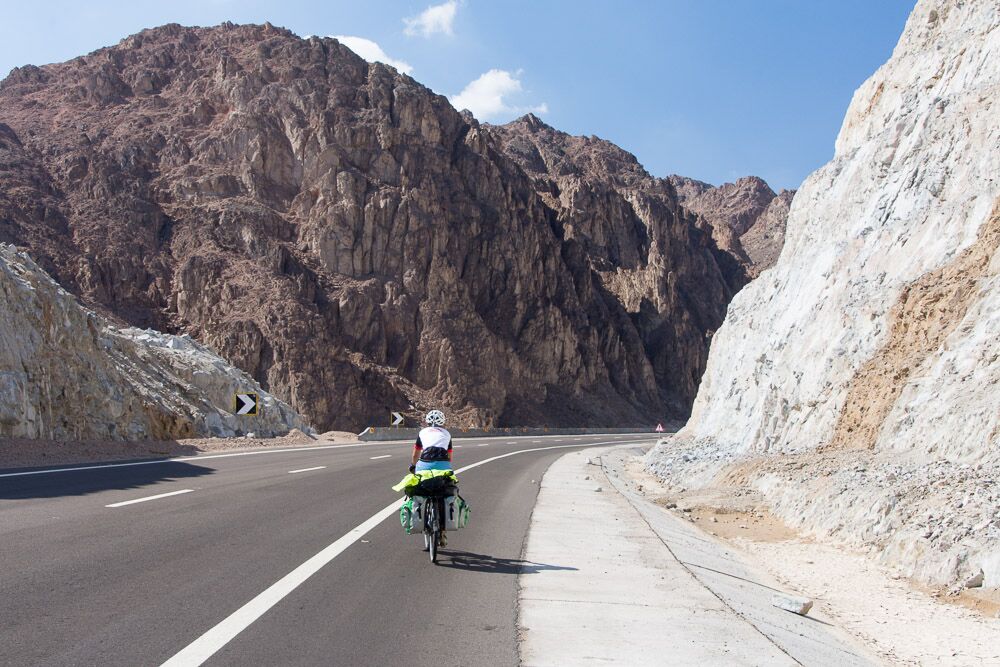
You find yourselves wanting to be as ‘purist’ as possible… sometimes things get in your way – politics, war or health. We have experienced all three in the past few months.
It feels like years since I last wrote about cycling through Jordan! In fact, it has been just 10 weeks but so much has happened in that time, it’s impossible to tell you everything. Most excitingly though, we have arrived in the capital of Ethiopia, Addis Ababa and have reached the halfway point, just in time for Christmas!
When you set out on a voyage like ours, you find yourselves wanting to be a ‘purist’ and cycle as much of your intended route as possible. Sadly though, sometimes things get in your way that just don’t make that possible, whether that be politics, war or health. We have experienced all three in the past few months.
However, we have learnt a lot along the way, and hopefully I can share with you a little taster of what it’s like cycling from Cairo, Egypt to Addis Ababa, Ethiopia; three immensely different countries.

